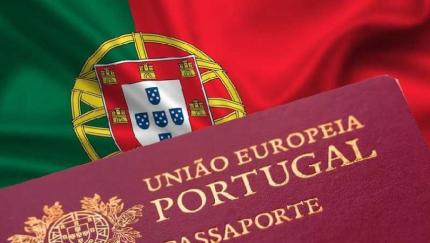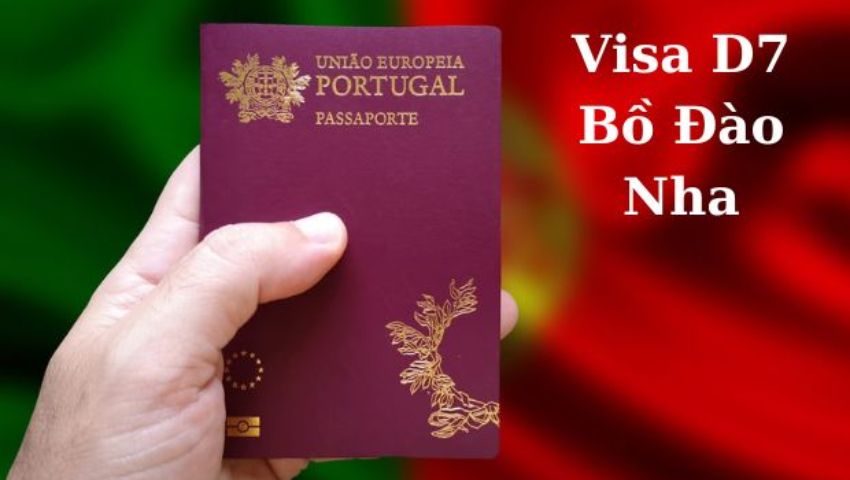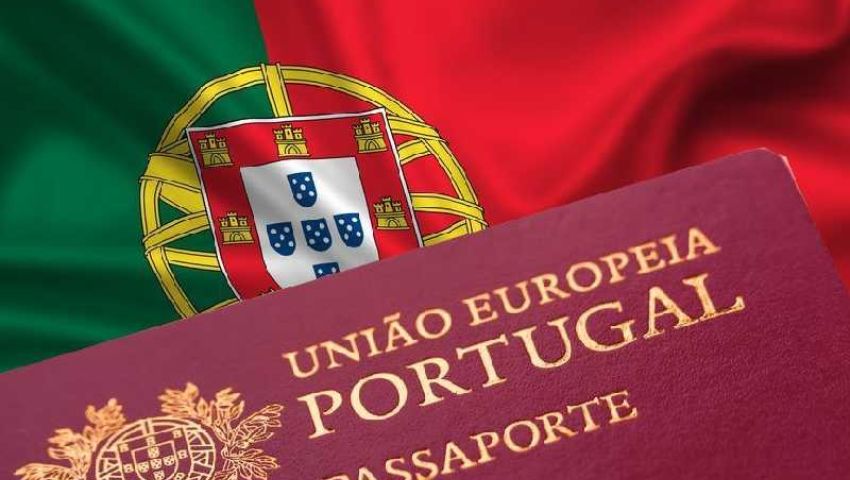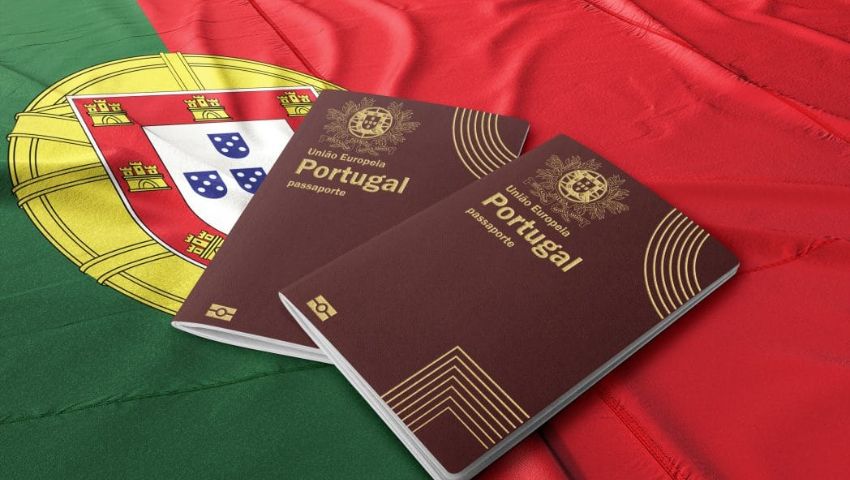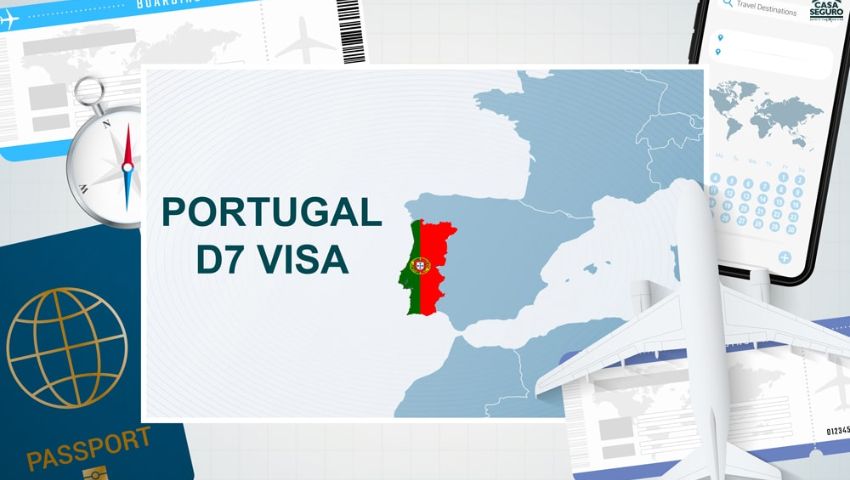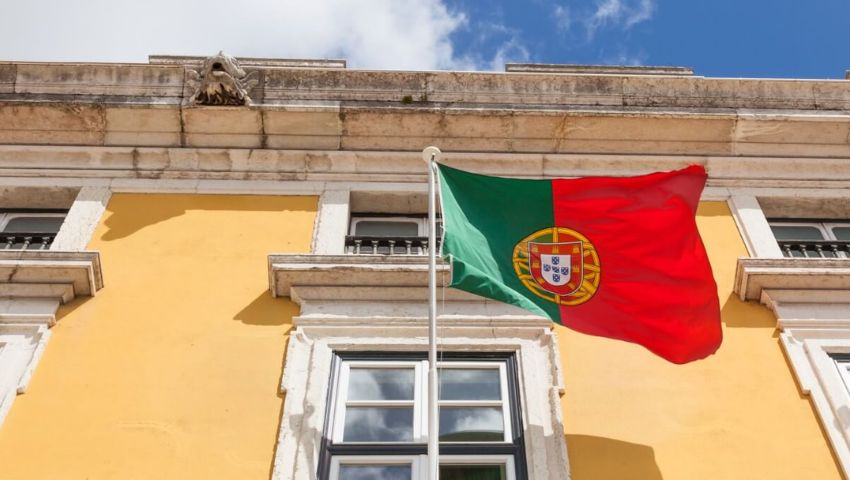Get free consultation
Fill out the form and we will contact you
Portugal is a European country known for its peace and safety. Because of this, Portugal has become an attractive destination for thousands of tourists looking to rest, explore, and even settle down long-term. With relatively simple entry procedures, the Portugal D7 visa opens the door to exploring and experiencing many interesting aspects of this country. In the following article, let's learn more about the D7 visa and the application process.
The Portugal D7 Visa
In 2007, the Portuguese government introduced a special type of visa known as the D7 visa, Portugal D7 Visa, or passive income visa. This visa is intended for individuals outside the EU/EEA/Switzerland who have income from sources such as real estate rentals, pensions, or interest from bank deposits and wish to reside in Portugal.
The basic requirement for the Portugal D7 visa is that applicants must prove they have a stable passive income that exceeds the minimum income level set by law. Additionally, family members of three generations of the D7 visa holder can also be granted residency permits under Portugal's family reunification regulations. The D7 visa is considered an ideal option for retirees who want to enjoy a peaceful retirement in Portugal.
The D7 visa allows two entries and permits the holder to stay in Portugal for up to 4 months. Additionally, once granted the D7 visa, you will receive a 2-year residency permit. This visa can be renewed continuously for 3 years. Notably, after 5 years, you can convert the D7 visa to a permanent residency permit, opening the opportunity to become a Portuguese citizen and hold an EU passport.
Eligible applicants for the D7 visa
The following individuals can apply for the Portugal D7 visa:
Foreign citizens who are retired and are not part of the EU/EEA/Switzerland.
Foreign citizens with passive income but not high net worth.
Foreign citizens using income from movable or immovable assets, intellectual property, or financial investments.
Individuals residing in Portugal and progressing towards naturalization.
Advantages of choosing the D7 visa
The benefits for investors using the D7 visa in Portugal include:
Sponsoring dependents to move to Portugal immediately after receiving the temporary residency card, including parents, spouse, and children under 18 years old.
Freedom to travel between countries in the EU and Schengen area without needing an entry visa.
Access to top educational systems in Europe and free public education policies.
Enjoying public healthcare services in Portugal.
Right to switch to another residency permit while residing in Portugal.
Opportunity to become a permanent resident or Portuguese citizen after living in the country for 5 years.
Moreover, Portugal is renowned for its high quality of life and safe environment. With a mild climate that is not too harsh in winter, adapting to life in Portugal is easier. Therefore, if you and your family wish to settle in a safe and peaceful country, Portugal is an ideal choice.
Requirements to participate in the Portugal D7 Visa program include the following conditions:
For retirees:
Proof of retirement.
Bank statements showing pension payments for the past 6 months.
A clean criminal record.
Funds to cover living expenses, at least 30,000 Euros per person, with each additional person increasing by 50%.
For non-retirees:
A clean criminal record.
Funds to cover living expenses, at least 30,000 Euros per person.
Bank statements showing financial stability for the past 6 months.
Portugal D7 Visa application process
The steps to obtain a Portugal D7 Visa are as follows:
Submit all necessary documents to the Embassy for legalization. If the application is approved, the Portuguese Embassy will issue a temporary visa allowing you to travel to Portugal, along with an appointment date with the Immigration and Borders Service (SEF).
The required documents are similar for retirees, income earners, and religious figures. The Portuguese government wants to ensure that you intend to live legally in Portugal and have the means to support yourself during your stay. Therefore, you must prove your income sources. This temporary visa is valid for 4 months from the date of issuance.
Once the temporary visa is issued, arrange to attend the appointment with SEF, where you will provide biometric data. SEF will issue the D7 visa valid for 1 year, which can be extended for up to 2 years.
After receiving the D7 visa and arriving in Portugal, you need to request SEF to issue a residency card. The residency card is valid for 1 year and can be renewed twice consecutively, each time for 2 years. After 5 years of legal residency, you can apply for permanent residency.
Portugal is an attractive destination
Recently, Portugal changed the validity period of the D7 residency permit. The D7 residency permit is granted for approximately two years.
After that, you can extend it for another three years if you continue to meet the D7 requirements. There is no specific limit on the number of extensions. However, this is not a permanent residency permit. You will need to apply for permanent residency in Portugal separately.
After five years (2 + 3) of legal residency, you may qualify for permanent residency. Once you have a long-term residency permit, you will no longer need to meet the conditions of the Portugal D7 visa.
Or, after five years of legal residency, you can apply for citizenship and become a Portuguese citizen.
The Portugal D7 Visa is not just an entry visa but an opportunity to change your life and build a career. Therefore, if you are interested in investing in residency or applying for the Portugal Golden Visa, carefully planning your visa application process is crucial.
Currently, there are many quick and easy visa application services in Vietnam. Choosing a reliable partner is essential. Quốc tich thứ hai is one of the experienced entities in this field, committed to helping customers obtain visas quickly and conveniently. In addition to visa services, https://quoctichthuhai.com/ also provides other services such as civil registration consultation, and support for the naturalization process through government programs in various countries such as Malta, Grenada, Montenegro, and others.
Fill out the form and we will contact you
